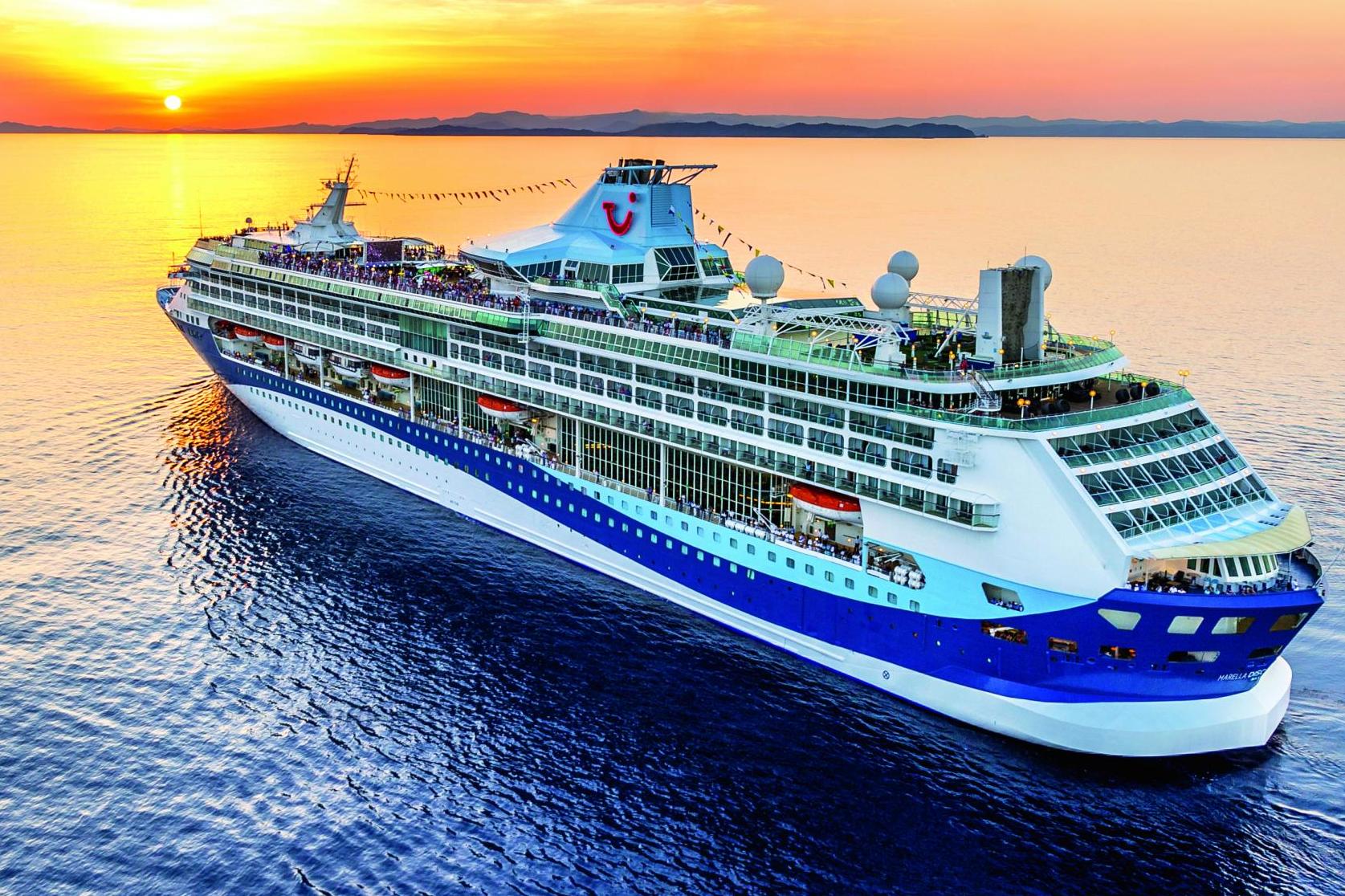TUI losses double due to heatwave and weak pound
Decline is blamed on northern Europe’s ‘unusually long and hot summer’,overcapacity in the Canary Islands and the weak pound ‘as a result of the Brexit decision’

Your support helps us to tell the story
From reproductive rights to climate change to Big Tech, The Independent is on the ground when the story is developing. Whether it's investigating the financials of Elon Musk's pro-Trump PAC or producing our latest documentary, 'The A Word', which shines a light on the American women fighting for reproductive rights, we know how important it is to parse out the facts from the messaging.
At such a critical moment in US history, we need reporters on the ground. Your donation allows us to keep sending journalists to speak to both sides of the story.
The Independent is trusted by Americans across the entire political spectrum. And unlike many other quality news outlets, we choose not to lock Americans out of our reporting and analysis with paywalls. We believe quality journalism should be available to everyone, paid for by those who can afford it.
Your support makes all the difference.TUI, Europe’s biggest holiday company, saw losses increase from €36.7m (£32.2m) to €83.6m (£75.7m) as margins fell in the final three months of 2018.
The decline in earnings is blamed on northern Europe’s “unusually long and hot summer”, overcapacity in the Canary Islands and weakness in sterling “as a result of the Brexit decision”.
Last week the Anglo-German firm, based in Hanover, issued a profits warning – saying an anticipated 10 per cent increase in earnings would not materialise.
But Fritz Joussen, the chief executive, said TUI “is financially strong with a sound strategic and operational positioning” and on track to deliver a similar full-year performance to 2018 with profits of around €1.18bn (£1.03bn).
TUI’s turnover is up 4.4 per cent to €3.7bn (£3.25bn). Customer numbers have increased by 1.2 per cent to 3.7 million – making the average spend per customer exactly €1,000 (£880).
Mr Joussen said: “Travel and tourism remain a growth market. Customers continue to travel, but they are currently resistant to increases in price.”
He hinted that TUI will cut prices to maintain market share, saying: “During this consolidation phase in our sector, it is particularly important to adequately participate in market growth.”
Profits in TUI’s cruise business rose by a quarter, with Marella – the UK fleet – seeing average rate per passenger per day rising by £8 to £137.
Occupancy rates on Marella ships increased by 1 per cent to a remarkable 102 per cent. This is achieved by some parents sharing two-person cabins with one or two children.
But the firm warned: “Sales of higher-margin products to British customers are adversely affected by the weakness of the British pound.”
Last week TUI’s largest rival, Thomas Cook, also announced increased first-quarter losses. It has put its in-house carrier, Thomas Cook Airlines, up for sale.
Join our commenting forum
Join thought-provoking conversations, follow other Independent readers and see their replies
Comments